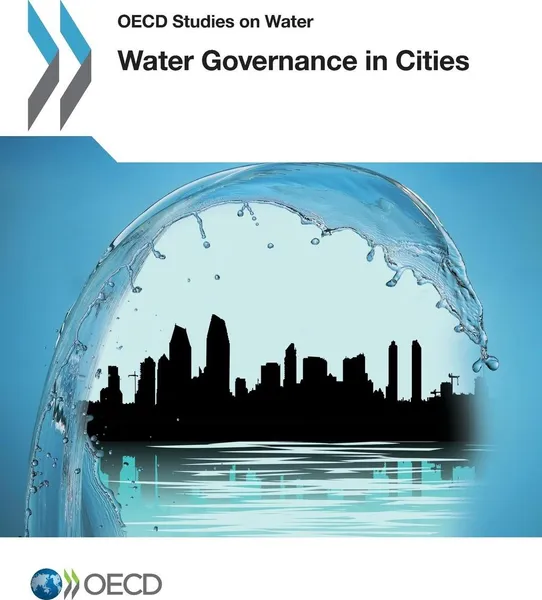Water Governance in Cities 12+
📓 Urban, demographic and climate trends are increasingly exposing cities to risks of having too little, too much and too polluted water. Facing these challenges requires robust public policies and sound governance frameworks to co-ordinate across multiple scales, authorities, and policy domains. Building on a survey of 48 cities in OECD countries and emerging economies, the report analyses key factors affecting urban water governance, discusses trends in allocating roles and responsibilities across levels of government, and assesses multi-level governance gaps in urban water management. It provides a framework for mitigating territorial and institutional fragmentation and raising the profile of water in the broader sustainable development agenda, focusing in particular on the contribution of metropolitan governance, rural-urban partnerships and stakeholder engagement.
Мнения
